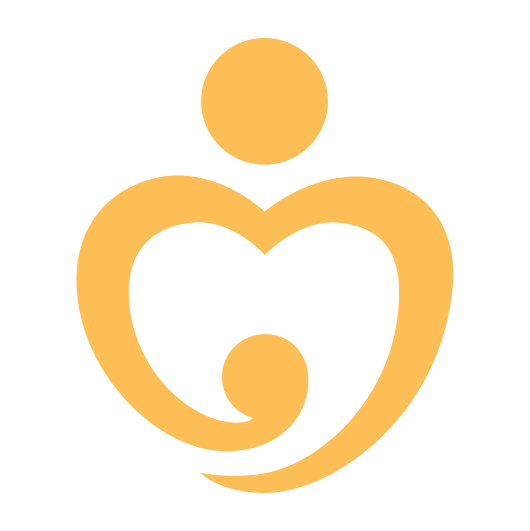Surviving motherhood: Brave mothers and dedicated nurses
By Naresh Newar in Rautamai Municipality, Udayapur District, Nepal
For many Nepali mothers living in the most remote parts of rural hills and mountains, it is their worst nightmare to get any sudden complications during birth delivery. But with help from nurses, trained as Skilled Birth Attendants (SBAs) by One Heart Worldwide, the local birthing centers have been able to save so many lives.
It's 3 AM and pitch-black dark outside, the wind howls as the rain comes down in buckets. It is monsoon season up in the hills and mountains of Nepal, where any travel is dangerous and roads often get destroyed by mudslides. These roads are considered unsafe to travel even during the dry season and in broad daylight. But 33-year-old Sita has no choice but to take the risk.
Writhing in severe pain, Sita tries to keep awake in the moving ambulance as much as she can. Right after giving birth to a healthy son, she suffered from a severe complication of retained placenta.
Sitting beside her in the ambulance, Nurse Kripa K. is also distressed as she tries her best to keep Sita calm. She has carried all the emergency kits to help her on the way. But the movement of the ambulance is causing the blood to drip. The road is very bumpy, nurse Kripa can also hardly keep the balance. The blood has also wet her hands and reddened her uniform. At the same time, she is also on her cell phone talking non-stop with a gynecologist who is giving her all the instructions on how to keep her patient safe and awake until they reach the hospital.
But the hospital is five hours down the village and every second seems like a long hour for both Sita and her nurse Kripa.
“I was watching her and she was in so much pain and all I could do was try to calm her. Sita could hardly speak and I was comforting her in every way possible,” recalls Kripa, who was herself in so much stress but didn’t show it to her patient.
The referral was already overdue because they had to wait for the ambulance to arrive in their village for almost five hours from the city.
“In the meantime, I was talking to OHW’s staff who were doing everything to calm me, and that helped me a lot. Without their support, I would also be in a lot of panic,” says Kripa, who was also all alone at the birthing center, as her colleague had gone to another hospital for SBA training.
“Finally, after we reached the hospital, I was so relieved. I wanted to cry but I controlled myself. When I reached the hospital, my anxiety had also calmed,” explains Kripa.
The doctor and nurses were waiting impatiently for their arrival as they all knew the mother’s life was at stake but survived after hours of intensive care.
But it wasn’t just the care at the hospital that saved Sita’s life but a lot of that was also because of Kripa’s professional care and taking urgent measures, and all that she had learned during her training as SBA with help of OHW.
The hospital also ran out of blood and nurse Kripa’s blood matched and she happily donated a pint of her blood, which eventually also saved her patient’s life.
“Today, when I think about that day, I feel so lucky to have a nurse like Kripa. She was the one who saved my life,” says Sita, and then she starts crying holding her nurse Kripa’s hand while she talks to us.
Watching his wife cry while sitting in his wheelchair, Chudamani tries to calm Sita. Paralyzed from the waist down due to nerve damage at a young age after his marriage, Chudamani couldn’t help his wife then but is confident that with nurses like Kripa, the whole community is safe.
“We owe so much to the birthing center team and especially ‘Sister’ Kripa for saving Sita’s wife. My children and I owe so much to their help and I know One Heart Worldwide has done so much to help the birthing center and brought so much improvement in maternal care in such a place like Bhutar, which is so far from the main city,” says Chudamani.
Their two school-going daughters also watch their mother in her emotional state as she shares her story of the birth of their youngest brother.
Where there are no doctors
In the tiny birthing center, nurse Kripa and her colleague Sabita Magar are known as ‘doctors’ and over the past 12 months, they have been able to deliver nearly 50-70 babies with a 100 percent survival rate. Even with the most complicated cases, they have been able to save all lives with zero fatalities.
“So much has changed especially after OHW started supporting our birthing center. I remember how things were so different before OHW helped us,” says nurse Sabita Magar who started as an auxiliary nurse and now is a certified SBA with the support of OHW.
“It has been a long journey to grow up as nurses in the MNH sector. Before, it was hard to make decisions because we didn’t have enough knowledge about proper birth delivery and we were nervous all the time but that has now changed,” shares Sabita. She recalls how OHW clinical team provided coaching and mentorship, and helped to fill up the gaps in their learning.
The birthing center itself had very basic facilities with no proper equipment. There was no electric supply also. Since most deliveries take place during the evenings, the lights are essential. But Bhutar was not connected to the national electricity grid and there was no electricity, and both nurses had to use their mobile phones to use as torchlight during deliveries, which they often did at night due to prolonged labor in most cases.
“The government has managed to build a lot of birthing centers in rural areas but simply building a birthing center is not enough. It needs equipment, management support, good systems, knowledge building, and communications,” says nurse Kripa.
She shares how there has been a huge transformation since OHW came to their village two years ago. The local community is now increasingly using and promoting their birthing center and reducing home deliveries.
A partnership that inspires local government
“What I really like about OHW is its partnership spirit and this is why our local government has been working successfully with OHW and encouraged us to also invest in mothers and children’s health. That kind of thinking has been progressive, due to the help of OHW. We have seen how OHW has done a lot to change the culture in work and service delivery,” says Kumari Jyu Thakuri, Vice President of Rautamai Municipality.
She explains how OHW has been able to reach and improve access to quality MNH services where the government has been unable to reach.
“We really want to thank OHW for their support. It has helped us to understand what the gaps are and help our staff to identify gaps and only then, we are able to plan better. Before, we didn’t know how to do that,” says Kumari Jyu.
As a young woman leader in her municipality, where she won during the local elections with an overwhelming majority, Kumari Jyu inspired a new tradition of women getting into politics in her community, which was unheard of before she got elected. Now, she wants to use that power to promote more development programs aimed at improving maternal health.
“Our municipality is so remote that we are unable to still build birthing centers in two remaining wards, but we are lucky to have an organization like OHW providing every support to our local government to provide service to our community. I really thank OHW on behalf of our municipality,” says Kumari Jyu.
She also shared how nurses from the birthing center are the main reason why so many lives have been saved due to the training and guidance provided by OHW. She also shared how she has seen the nurses deal with complications like specialists.
“We know how the nurses try everything and even have very good access to the best doctors working in the MNH sector to save lives of the mothers from very complicated situations in our municipality,” shares Kumari Jyu.
Her office has also started the ‘Vice President Maternal Health Program,’ which promotes mothers to visit a birthing center for institutional birthing. In return, the mothers receive Rs 7,500 worth of nutrition packages like rice, pulses, poultry, and other nutritious food.
This has helped to increase a lot of mothers coming for regular ANC and PNC checks even from far-off remote villages.
“The best part of coming to our birthing center is the care and personal attention given by our nurses Kripa and Sabita who help every mother even if they arrive very late at night or early in the morning. We are lucky to have them in our village because they make every mother feel so safe.”
Today, mother Sita is relaxed and healthy at home. Her nurse Kripa is constantly visiting and checking on her. But she is not the only mother Kripa and her colleague give personal attention to.
“We have so much knowledge and confidence thanks to the training and guidance from the OHW team. But most importantly, we are not afraid any more even during complications because we have direct access to the best gynecologists from our Udaypur district to Kathmandu, and all this was made possible by OHW’s help,” says Kripa.







